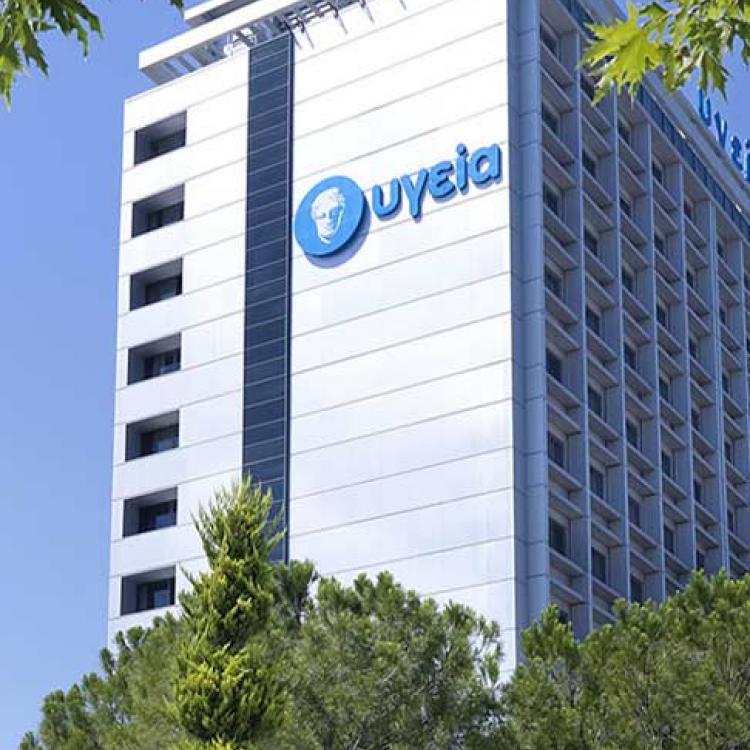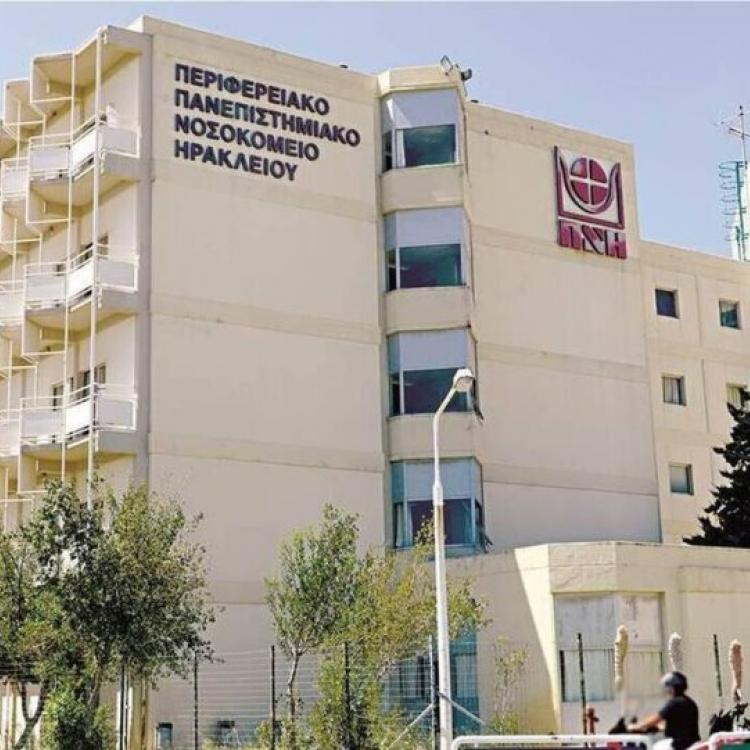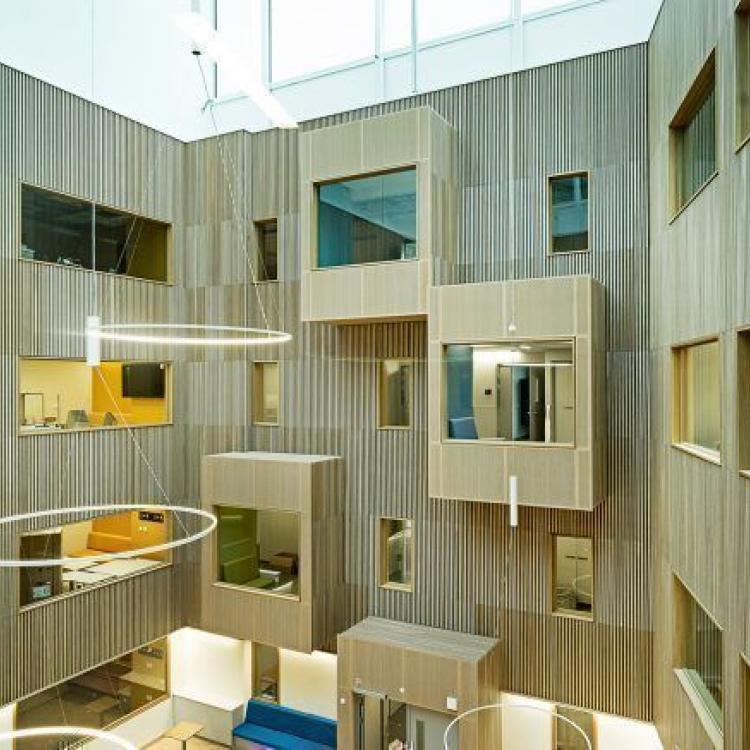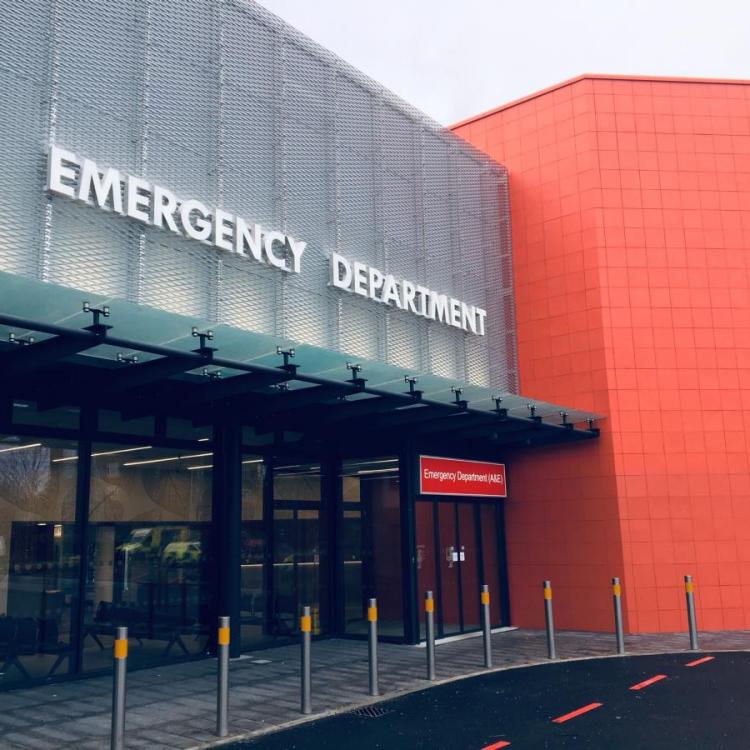HYGEIA, is one of the biggest women's hospitals in Europe, with about 10000 childbirths/year, hundreds of cancer surgery, laparoscopies, oncology treatments, a modern radiology department and a central laboratory performing millions of tests per year. Retrieving and analyzing data of women and their neonates, will help to bring to the light useful data that may be important to improve treatments and healthcare. In addition, there is a need to approach big women' health research European or international teams and add HYGEIA's invaluable input to them.
This represents one of the main goals of HYGEIA's IMR (HYGEIA MEDICAL RESEARCH) department. Currently HYGEIA is using its healthcare information system (including the Laboratory intelligent system (SAP, RIS/PACS, LIS) by integrating and interconnecting all the clinic patients and the associated internal and external doctors/physicians as an entire unit. The hospital owns large medical data concerning women's health and welfare. Some data coming from the clinical work are as follows:
- Gynaecological cancers, (diagnosis, prevention, clinical features, surgery, patient's lifestyles, and demographical data)
- Fertility statistics such as patient's clinical history (both men and women), invitrofertilization (IVF) outcomes with very modern new techniques (embryo growth and health), more than 3000 cycles
- Pregnancies follow up, statistics, labor outcomes and childbirth
- Mother and child health markers (biometrical, laboratory and genetics)
- Embryo health (genetics, anatomical, echography, intra-uterine growth)
However, the lack of secure big data management infrastructure restricts the data storage, access, analyse, transfer as well as the patient/clinician remote interaction. The implementation of cyber-resilient web-based big data management platform is of high importance for HYGEIA information system for boosting both the patients’ abilities to access of their own data and the system’s capability to control and manage the overall data infrastructure in a secure and appropriate manner.
The HEIR framework will enhance the current HYGEIA information system by assessing the overall security status of the hospital. Aiming to improve the existing health services such that the collected data will be available through a secure platform, interconnected also with the SAP LIS, while taking care of both security and data privacy concerns. Furthermore, the HEIR Observatory will aggregate the collected data, extract the most important statistical trends on the status of HYGEIA IT security and categorized the existing technical risks. This will assist the HYGEIA IT personnel to identify which departments in the clinic face critical cybersecurity issues and vulnerabilities and how to address them. The later will be achieved by providing detailed information regarding the IT configurations with insufficient protection levels and what are the appropriate measures. In this context the project will serve also an appropriate mean of training HYGEIA personnel into security actions and procedures enhancing their engagement to promote security thinking, meanwhile enhancing awareness of HYGEIA patients to handle their personal data via web-based platform in a secure manner. The main actors of this use case are a) Patients: women, neonates, children (both sexes) b) doctors, nurses, hospital personnel, IT managers, DPO, c) hospital related end-users (hospital related external doctors/personnel).
Through this use case, HEIR will enhance the current HYGEIA information system by assessing the overall security status of the clinic and provide solutions for a) secure processing of patient data (specializing in women, gynaecological cancers, foetal and neonatal health), b) vulnerability analysis c) secure communications and firewalls, d) big data management and access control e) assisting establishment of safe and effective networking routes with relevant local and EU hospital institutions in order to deliver and share big data.




